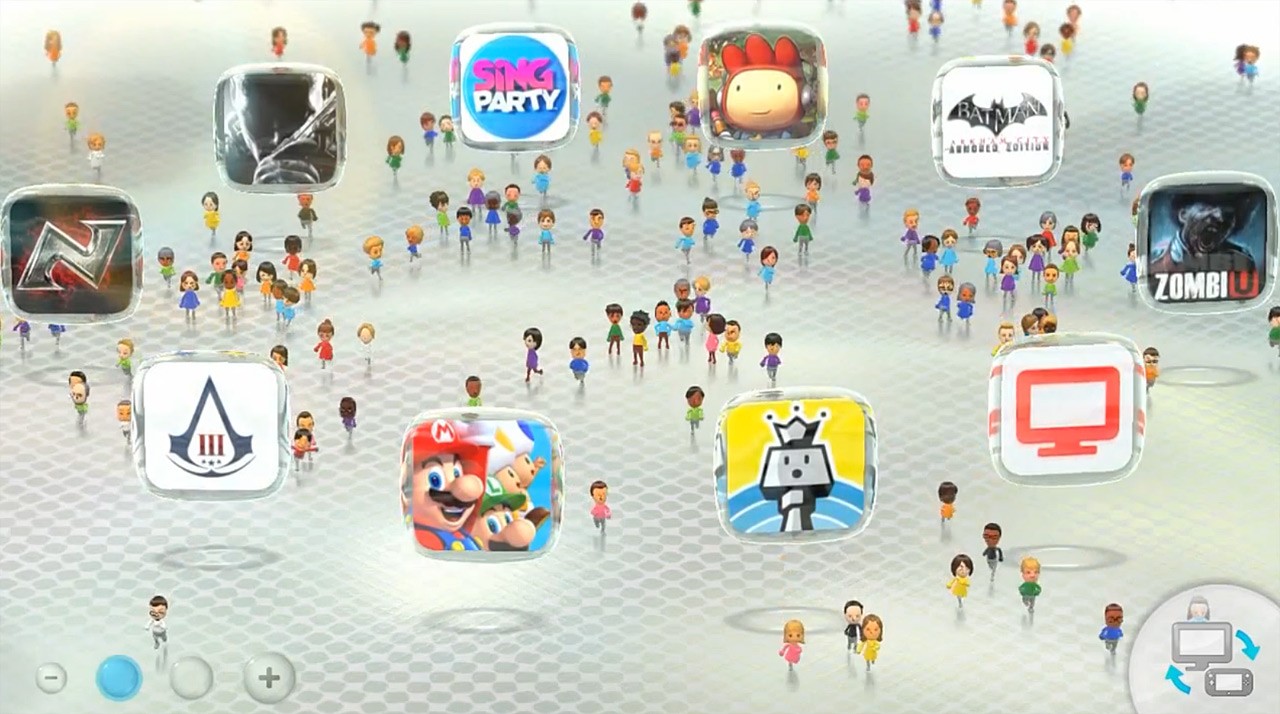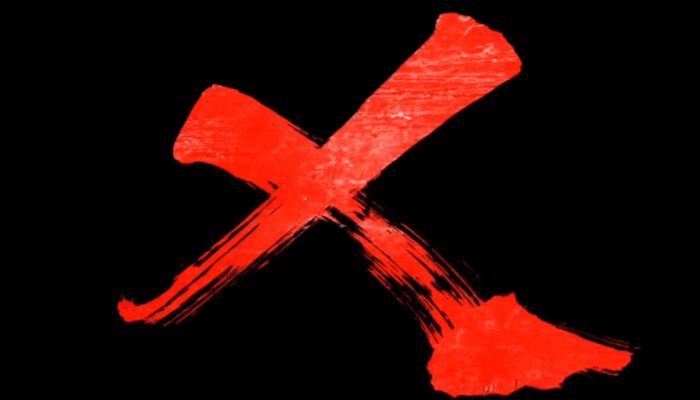 Redefining the video game platforms business model.
Redefining the video game platforms business model.
☆ NintendObs Weekly – Monday, March 3, 2014 – Sunday, March 9, 2014.
If we succeed in the redefinition of video game platforms that I speak of today, our account-based connections with consumers will become very clear. For example, until now it has been taken for granted that software is offered to users at the same price regardless of how many titles they purchase in a year, be it one, five or even ten titles. Based on our account system, if we can offer flexible price points to consumers who meet certain conditions, we can create a situation where these consumers can enjoy our software at cheaper price points when they purchase more. Here, we do not need to limit the condition to the number of software titles they purchase. Inviting friends to start playing a particular software title is also an example of a possible condition. If we can achieve such a sales mechanism, we can expect to increase the number of players per title, and the players will play our games with more friends. This can help maintain the high usage ratio of a platform. When one platform maintains a high active use ratio, the software titles which run on it have a higher potential to be noticed by many, which leads to more people playing with more titles. When we see our overall consumers, they generally play two or three titles per year. We aim to establish a new sales mechanism that will be beneficial to both consumers and software creators by encouraging our consumers to play more titles and increasing a platform’s active use ratio without largely increasing our consumers’ expenditures.
— Satoru Iwata, President of Nintendo
Source: Nintendo JP.
(Prices are in euros € but are equivalent in dollars $: a 60€ game is a $60 title.)
Introducing “Purchase Discounts:” a three-tier system
“Initiated” user discount: Buy 1 game on the eShop, get 10% off games that are <20€ on the eShop.
(tier one)
=> Encourages people to buy on the eShop.
=> Favoritism on low-priced games encourages the purchase of indie games and Virtual Console titles.
“Seasoned” user discount: Buy 5 games on the eShop, get 20% off games that are <20€ on the eShop.
(tier two)
=> Encourages people to keep on buying games on the eShop and to appreciate the benefits of digital.
“Dedicated” user discount: buy 10 games on the eShop, get 25% off EVERY TITLE on the eShop.
(tier three)
=> Discount effective on (60€) retail titles on the eShop.
=> Encourages those who went digital through previous discounts to STAY digital.
=> Retail distribution market share only affected by digitally “dedicated users.”
Linking “Purchase” and “Friend” Discounts
For every 10 titles bought online, gift a 50% off on ANY TITLE you own to a friend.
=> Encourages a friend to become a “dedicated user” as well in order to return the favor in the long run.
=> The gifting cannot be postponed and needs to be effected immediately before further benefitting from purchase discounts.
Introducing “Friend Discounts:” enhancing the word-of-mouth experience
Gift a 5% off anytime on a title you already own to a friend through Miiverse on the eShop.
=> Only one 5% gift per title per friend; can’t gift 5% off twice to the same friend on the same title.
=> Enhances trust in the game’s purchase since a friend who actually owns the game recommends it and cheapens the price.
You can receive a maximum of ten 5% off (50% off) “friend discounts” on a title available on the eShop.
=> The more friends recommend the game, the cheaper the game becomes at purchase.
Only “dedicated users” can recommend >20€ titles on the eShop.
=> Only dedicated users can recommend games that have the highest value.

Here’s an example:
You’re a dedicated user. You’ve been buying a lot of Wii U games during the year and consequently every game on the Wii U eShop for you is 25% off. A certain third-party game comes out on Wii U. You’re unimpressed. Ten of your friends who are big on third-party support bought and enjoy the game. They recommend the game to you, each with a 5% off discount through Miiverse posts:
— Friend A: “GamePad integration is awesome!!”
— Friend B: “The game definitely looks “next-gen” on the U.”
— Friend C: “This is an experience you should NOT miss.”
— Etc, etc…
Assuming the game is 60€ on the eShop, the game becomes 30€ for you. Not only have your friends hyped you to buy the game, they even gave you incentive in buying it. This, right here, is word-of-mouth empowerment.
What’s more, one of your friend goes as far as to gift you the 50% off he got from his tenth eShop game purchase on your purchase of said third-party title: the game now becomes 15€ for you if you wish to buy it thanks to his discount. In response, you vow to gift your friend your own 50% off on your favorite first-party game at your next tenth eShop game purchase.
Now, you go on the eShop to buy the recommended game, your ten friends’ Miis smiling in approval on said game’s eShop page as you make your final purchase clicks. With the extra addition of your 25% dedicated user discount, you get the game — initially sold for 60€ — on the eShop for 11.25€.
The discounts would only be available and taken into account throughout the fiscal year, from April 1st to March 31st, and would be reinitiated for the following fiscal year. The post-holiday season would acquire a whole new meaning in terms of the sales it would produce on the eShop, as you can bet a lot of people would spend what they have left to take advantage of all the accumulated discounts before they expire. Not only would customers be engaged by the discounts, they would also feel a certain level of obligation towards the friends who provided them with these discounts.
Of course, any hit as seen from the previous business model’s perspective would be planned, managed and assured by Nintendo’s here-mentioned new business model, meaning third-parties’ profits would not be negatively affected by the discounts, and neither would Nintendo’s. Profits would be made on volume for all parties involved, and given Nintendo’s strong pedigree of first-party titles, as usual, the more games would they make, the more they would profit.
Nintendo aims to work on this brand-new sales mechanism in the medium term, but we would like to start experimenting with Wii U at an early stage.
— Satoru Iwata, President of Nintendo
Source: Nintendo JP.
At NintendObserver, the comments are on Discord.
Click on Community to learn more. 🙂
…
…Wanna play? Buy a Wii U.
And if you’ve already got yours, here are all the games already available on the platform. 😀


